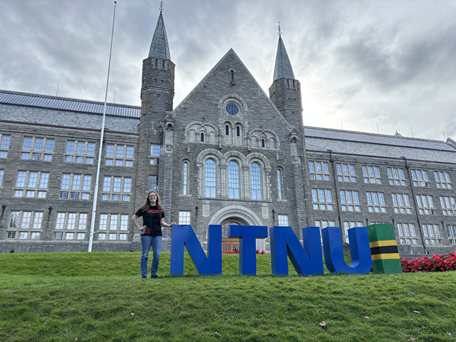News Story
Dr. Vaughn-Cooke Awarded Three Federal Grants for Human Performance Modeling Research

Dr. Monifa Vaughn-Cooke has recently been awarded three federal grants to explore related projects in the areas of human performance modeling and human-centered design.
Food and Drug Administration: Expert Elicited Database for Patient Performance
As an alternative to in-person human factors device evaluations, an expert data-driven approach is proposed to predict the device interaction task performance of heterogenous user-groups. This research is particularly relevant as medical device designers devise methods to address COVID-19 restrictions during product development activities that require usability testing. Expert judgement plays an essential role in statistical inference and in supporting evidence-based decision-making, especially when data is sparse and difficult to collect. Performance estimation of generic tasks required for device interaction will be elicited from Internal Medicine experts due to their expertise in assessing cognitive and physical functioning across the human body. This data will be used to simulate the population of interest and to predict the risk of use error for a given device. This research will serve as the foundation to identify critical task failures that do not meet acceptable failure thresholds and focus later stages of the design process on mitigating the risk of those failures for specific user groups. The grant will fund the research of Dr. Vaughn-Cooke’s Mechanical Engineering PhD student Ben Knisely, whose dissertation is directly related to the proposed work.
Food and Drug Administration: Subjective Performance Metric Development and Validation in Simulated Use Tests
This research will address the need to identify reliable human performance outcomes during device design validation activities as part of the medical device development and approval process. FDA’s summative human factors evaluation requires medical device manufacturers to provide evidence that their device is safe and effective through simulated-use testing. However, for non-observable tasks (recalling information, making judgments, etc.), which can dominate device interaction, collecting subjective performance data is particularly challenging and highly susceptible to erroneous reporting. This project will develop and validate a structured methodology to integrate cognitive task decompositions with standardized question syntax. The approach will be empirically validated in a simulated use test on a generic Automatic External Defibrillator. A virtual web interface was developed to perform pilot testing of the methodology while in-person testing is restricted due to COVID-19. This project will involve direct collaboration with project champion Dr. Kim Kontson in the FDA Office of Science and Engineering Laboratories Human Device Interaction Laboratory. This grant will fund the research of a Reliability Engineering PhD student and FDA ORISE Fellow, Janell Joyner, whose dissertation is directly related to the proposed work.
Navy Engineering Education Consortium: Empirical Human Performance Modeling for Performance Support Applications
This project will investigate the influence of mixed reality system design specifications on human performance outcomes and cognitive workload for unmanned vehicle controls. A unique experimental facility (UMD’s Virtual Reality CAVE) will be used to immerse participants in multi-modal simulated unmanned control environments, where physical objects will be integrated into a virtual space. The results of this research will inform mixed reality design for control interfaces by reducing the risks associated with cognitive workload and improving system safety. Student engagement is integral to the Navy Engineering Education Consortium goals. This will be accomplished through project integration into a graduate Human Reliability Analysis course and an undergraduate senior design capstone course, among other independent research activities. The ultimate goal is to create a pipeline of students who are trained through formal and hands-on experience to design, evaluate, and implement human-centered systems across the Navy.
Published April 16, 2021









